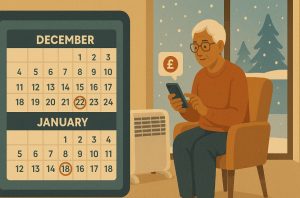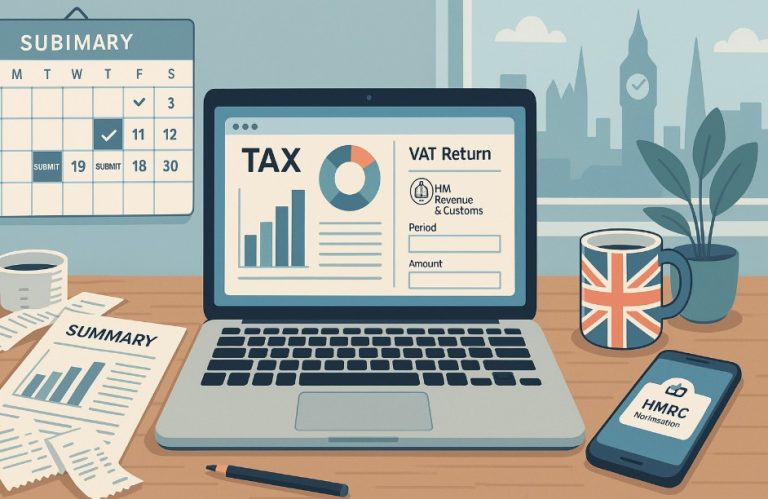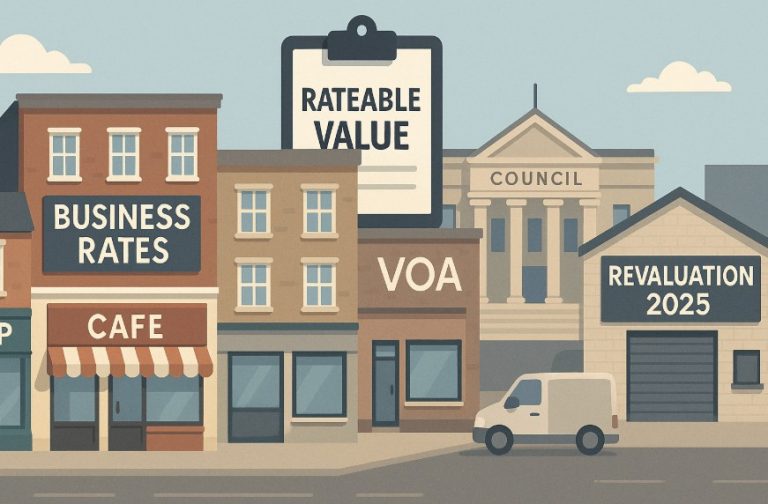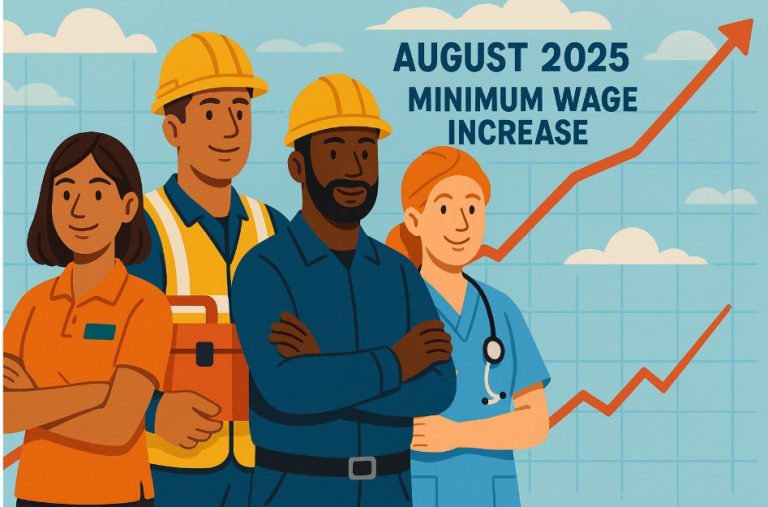Winter Fuel Payment 2025: Who Qualifies and What’s Changing?
As temperatures fall and energy bills rise, millions of UK pensioners are left asking: will I get help heating my home this winter? The Winter Fuel Payment, once a reliable source of seasonal support for older citizens, has become the subject of major political debate and public confusion.
With cost-of-living pressures continuing and a recent policy U-turn from the government, it’s more important than ever to understand who qualifies for the Winter Fuel Payment in 2025, what changes are coming, and how to prepare.
Recent announcements from Chancellor Rachel Reeves, comments from financial expert Martin Lewis, and growing public pressure have pushed the government to reconsider restrictive eligibility rules introduced last year. But with final details still pending, pensioners across the UK are left waiting for clarity.
This blog explains the current status of the Winter Fuel Payment, the expected changes in 2025, and how you or someone you know can benefit from the revised scheme.
What Is the Winter Fuel Payment?

The Winter Fuel Payment is a government-funded benefit designed to help older people cover the cost of heating during the colder months.
First introduced in 1997 under the New Labour government, the scheme aimed to ensure that no pensioner would have to choose between heating and eating during winter.
The payment is tax-free and typically issued annually to those above the State Pension age. It has historically ranged between £250 and £600, depending on a person’s age and living arrangements.
Unlike other forms of energy assistance such as the Cold Weather Payment (which is only triggered by specific weather conditions), the Winter Fuel Payment is provided automatically to most eligible recipients between November and January each year.
For many, this payment represents a vital source of financial support, especially during energy price surges.
Why Is the Winter Fuel Payment Crucial in 2025?
The importance of the Winter Fuel Payment has grown significantly in recent years, particularly in the wake of rising energy costs, inflation, and the broader cost-of-living crisis.
However, its role became even more controversial when the Labour government removed universal access in 2024, limiting payments to those receiving Pension Credit or qualifying benefits.
This policy change reduced the number of eligible recipients from 11.4 million to just 1.5 million, saving an estimated £1.3 billion in public spending.
While this move was justified as a necessary fiscal measure due to a £22 billion deficit, it drew heavy criticism from pensioners, advocacy groups, and public figures.
Most notably, Martin Lewis, founder of MoneySavingExpert, called the policy “too narrow” and urged the government to reconsider.
He warned that the exclusion of low-to-middle-income pensioners could lead to serious financial hardship, especially for those who are not claiming all their entitlements but still struggle with energy bills.
Now, in 2025, the government has announced a partial U-turn, confirming that more pensioners will qualify this winter.
Chancellor Rachel Reeves has stated that the means test will be revised, raising hopes for wider eligibility, although the payment will not be universal.
With over 800,000 pensioners potentially missing out on related benefits like Pension Credit, the Winter Fuel Payment is not just a single support measure it is a gateway to broader financial help for many.
Who Will Be Eligible for the Winter Fuel Payment in 2025?

The revised eligibility criteria for Winter Fuel Payment 2025 are expected to be announced formally in the Autumn Statement or Spending Review.
However, based on statements made in June 2025 by Chancellor Reeves and Pensions Minister Torsten Bell, some key expectations have been outlined.
Chancellor Reeves confirmed:
“We have listened to the concerns… we’ll be making changes to the level of the means test so that pensioners are paid this coming winter.”
This suggests the income threshold will be raised from its previously estimated £11,500 limit. The move aims to allow more low- and middle-income pensioners to qualify without reinstating universal access.
Pensions Minister Torsten Bell reinforced the government’s position:
“We will not be returning to a universal Winter Fuel Payment. Most people agree it’s not appropriate to provide this benefit to millionaires.”
Although exact figures remain pending, the structure is likely to resemble a tiered or tax-recovery model, where higher earners receive the payment but repay it via self-assessment tax returns, similar to the mechanism used for child benefits.
Until the final rules are published, pensioners should:
- Review their current income and benefit status
- Ensure their DWP records are accurate and up-to-date
- Use online tools to check their eligibility for Pension Credit, which remains a key qualifier
How Much Will Pensioners Receive Under the Winter Fuel Payment 2025?
While the government has yet to confirm the final payment figures for 2025, they are expected to be in line with previous years, including the Pensioner Cost of Living Payment top-up.
| Living Arrangement | Born 23 Sep 1944 – 22 Sep 1959 | Born Before 22 Sep 1944 |
| Lives alone or with someone not eligible | £500 | £600 |
| Lives with someone who also qualifies | £250 each | £300 each |
| On Pension Credit or similar DWP benefits | £500 | £600 |
These amounts are tax-free and are deposited directly into recipients’ bank accounts during the winter months.
If the tax-reclaim system is adopted, higher-income pensioners may still receive these payments upfront but would be expected to repay them through their annual tax returns.
When Will the Winter Fuel Payment Be Paid in 2025?

The Winter Fuel Payment is typically issued between November and January. For 2025, the payment schedule is expected to follow the same timeline, with adjustments possible depending on the government’s final rollout plan.
Recipients can expect:
- A letter from the DWP confirming the amount and date
- Direct payment into their bank or building society account
- A window for raising concerns if payments are not received by late January 2026
Those newly eligible under the revised scheme may need to submit an application, depending on how the new means test is implemented.
Why Was the Universal Winter Fuel Payment Removed in 2024?
The decision to restrict the Winter Fuel Payment in 2024 was driven by economic pressures.
Labour ministers cited a £22 billion fiscal black hole inherited from the Conservative government, stating that limiting the benefit to those in genuine need was essential for balancing the national budget.
By removing universal access, the government reduced public spending while targeting support to lower-income pensioners.
However, the political fallout was swift, with opposition MPs and the public criticising the policy’s effect on pensioners living just above the threshold.
The backlash during local elections, media scrutiny, and expert commentary especially from Martin Lewis, prompted a reassessment.
As a result, the government began reworking the eligibility model with the aim of expanding access while maintaining fiscal control.
What Are the Policy Options Being Considered for Future Reform?

Government insiders and Treasury officials have hinted at several options under review for Winter Fuel Payment reform:
- Raising the means-test threshold to include more modest-income pensioners.
- Implementing a tax recovery model, providing payments universally and reclaiming from high earners through self-assessment.
- Using a hybrid approach, offering wider access with specific exclusions for top-rate taxpayers.
Chancellor Reeves has emphasised that while fiscal rules remain intact, supporting pensioners during a cost-of-living crisis is a political and moral priority.
What Will Happen in Scotland from 2025/26?
From winter 2025/26, Social Security Scotland will replace the Winter Fuel Payment with a new benefit: the Pension Age Winter Heating Payment. Initially, eligibility and payment amounts are expected to mirror those in England and Wales.
However, depending on Westminster’s final policy decisions, there may be divergence in how Scotland delivers the support. The Scottish Government is monitoring developments and may update its policy accordingly.
How Can Pensioners Maximise Their Support?
Given the evolving criteria and complex benefit landscape, pensioners should take immediate steps to ensure they receive all the support available:
- Check eligibility for Pension Credit
- Update records with the DWP
- Use official benefits calculators (e.g. GOV.UK, Age UK)
- Contact Citizens Advice or MoneySavingExpert for guidance
Over 800,000 eligible individuals are missing out on Pension Credit, which can also unlock Winter Fuel Payment and other benefits. A simple eligibility check could be worth thousands per year.
What to Do If Your Payment Is Delayed or Missing?

If you believe you’re eligible for the Winter Fuel Payment and have not received it by the end of January 2026, you should:
- Check your bank account and DWP letter
- Review your benefit status
- Contact the Winter Fuel Payment Centre promptly
Ensure all your personal and banking details with DWP are accurate to avoid delays.
FAQs About Winter Fuel Payment 2025
Will all pensioners get the Winter Fuel Payment in 2025?
No, but more will qualify. Universal access is not being reinstated.
What is the income limit under the new means test?
The revised threshold hasn’t been announced yet but will be higher than previous limits.
Do I need to apply if I’m newly eligible?
Possibly, depending on how the revised system is implemented. More details will follow in the Autumn Statement.
Can I receive the payment if I live abroad?
You may still qualify if you live in an eligible EEA country and maintain ties with the UK.
When will Scotland’s new heating payment begin?
Scotland’s Pension Age Winter Heating Payment begins in winter 2025/26.
Is this payment taxable or does it affect other benefits?
No, the payment is tax-free and doesn’t impact other benefits.
Where can I check my entitlement?
Use tools on GOV.UK, MoneySavingExpert, or consult Age UK for personalised advice.







